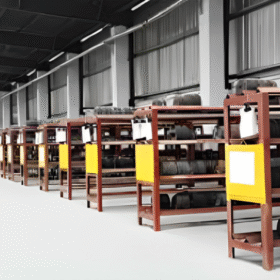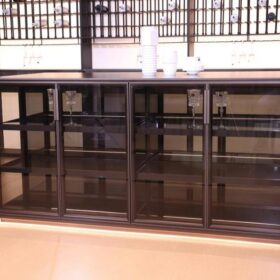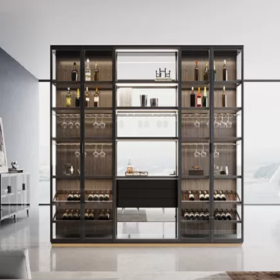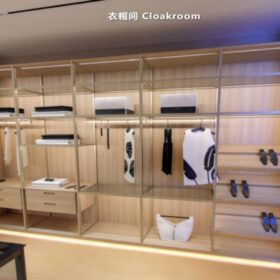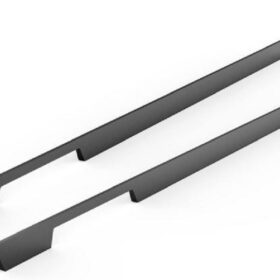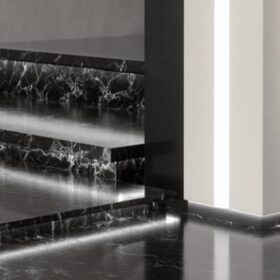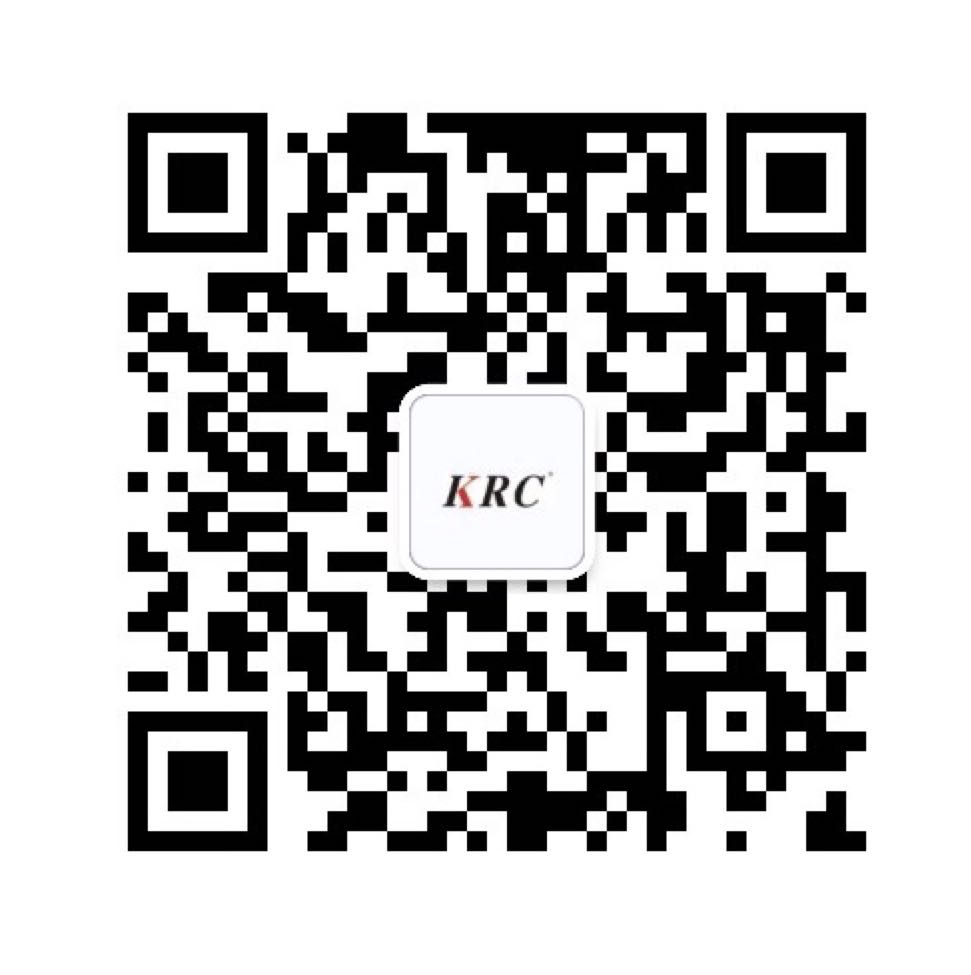Sustainable Solutions- Eco-Friendly Features of Modern Kitchen Profiles
In the realm of interior design, sustainability has emerged as a prevalent concern, driving the development of eco-friendly features in modern kitchen profiles. These innovations not only enhance the aesthetic appeal of kitchens but also contribute significantly to environmental preservation. This article explores the diverse range of sustainable solutions that are shaping the kitchen designs of today and tomorrow.
Materials and Finishes
Modern kitchen profiles prioritize the use of eco-friendly materials such as reclaimed wood, bamboo, and recycled plastic. Reclaimed wood, salvaged from old structures, reduces deforestation and adds a rustic charm to kitchens. Bamboo, a rapidly renewable resource, offers durability and a sleek appearance. Recycled plastic, derived from post-consumer waste, minimizes environmental impact while providing a cost-effective option.
Energy Efficiency
Energy-efficient appliances are essential components of sustainable kitchens. Refrigerators, ovens, and dishwashers with Energy Star certifications consume less electricity, reducing greenhouse gas emissions. LED lighting fixtures, with their extended lifespan and low energy consumption, further enhance energy savings.
Water Conservation
Water conservation plays a vital role in kitchen sustainability. Low-flow faucets and aerators reduce water consumption without sacrificing functionality. Dual-flush toilets offer the flexibility to choose between full and half flushes, further minimizing water waste.
Waste Management
Modern kitchens incorporate innovative solutions for waste management. Composting bins, integrated into the kitchen design, allow homeowners to decompose organic waste and create nutrient-rich soil for gardening. Recycling bins, located in convenient areas, encourage the proper disposal of recyclable materials.
Smart Technology
Smart technology has revolutionized kitchen profiles, offering additional opportunities for sustainability. Motion-activated faucets reduce water waste by only turning on when needed. Smart refrigerators monitor food inventory, reducing food spoilage and waste. Voice-controlled assistants can adjust appliance settings remotely, ensuring optimal energy efficiency.
Conclusion
Sustainable Solutions: Eco-Friendly Features of Modern Kitchen Profiles demonstrate the transformative power of innovation in addressing environmental concerns. By incorporating energy-efficient appliances, water-saving fixtures, sustainable materials, and smart technology, modern kitchen designs pave the way for a more sustainable future. As society continues to prioritize environmental responsibility, these eco-friendly features will become increasingly indispensable in creating beautiful and sustainable kitchens.
-
2024-11-29Top Trends in Modern Kitchen Cabinet Pulls for 2024
-
2024-11-28The Ultimate Guide to Modern Kitchen Cabinet Pulls- Materials, Styles, and Tips
-
2024-11-27Elevate Your Kitchen Design with These Must-Have Modern Cabinet Pulls
-
2024-11-26Sleek and Stylish- The Best Modern Kitchen Cabinet Pulls for a Contemporary Look

